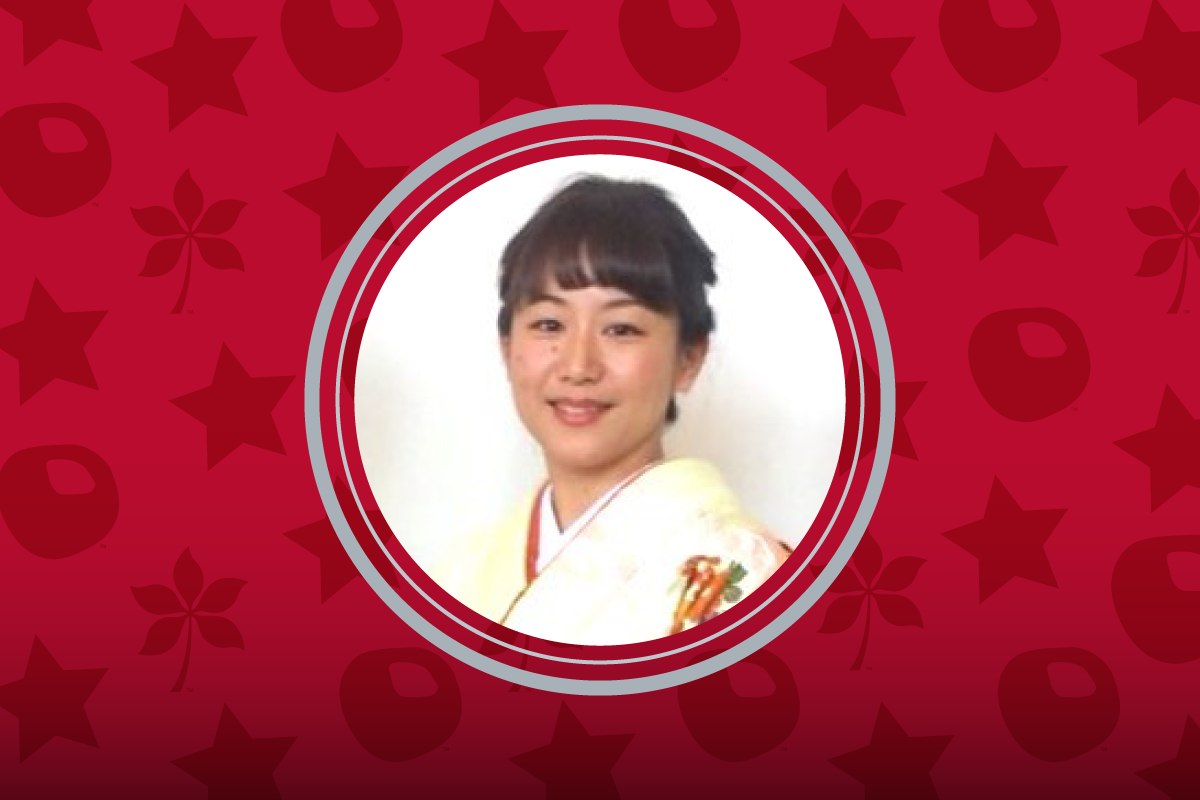
Dr. Aya Oshika obtained her Ph.D. in 2010. She has been teaching in the Department of Special Education, Tokyo Gakugei University since 2020. Her research interests include education for Deaf or hard-of-hearing children, especially combined with LD, ADHD, and ASD, who do not have obvious mental retardation but need careful understanding and support in their education. In a previous study, a survey of schools for the Deaf throughout Japan showed that 33.7% of children and students showed significant developmental disabilities as a result of teacher checklists. She also provides ongoing support for them and examines effective ways to help them. Her recent publications include “Survey on Hearing Impaired Children with Developmental Disabilities in School for the Deaf since the Introduction of the Special Needs Education System: Trends in the Nationwide Surveys over the Past 10 Years”(in Hearing & Language Disorders,2019),” Toward the Establishment of a Long-Term Support System for Hearing-Impaired Children with Developmental Disabilities
-Interviews with the children and their parents after junior high school age”(in The Japanese Association of Special Education 58th Conference, 2020).
In Japan, small-group and highly specialized education has been traditionally provided in schools for the Deaf. Although the superiority of aural or sign language methods has been discussed in the past, communication methods are now being selected according to the actual conditions of the children and the purpose of the instruction, rather than methodologies. On the other hand, the number of hearing-impaired children enrolled in regular schools is increasing due to the increase in cochlear implant children and the spread of inclusive education. It is necessary to organize an educational system that allows each individual to have a wide range of choices in educational support according to his or her goals and actual conditions, while at the same time providing high-quality support wherever they may be. As a result, the education of hearing-impaired children in Japan, as in other countries, faces the challenge of having to meet a wide variety of needs. I would like to discuss the specialty of schools for the Deaf as special schools and how inclusive education for children with hearing impairment should be in the future.


